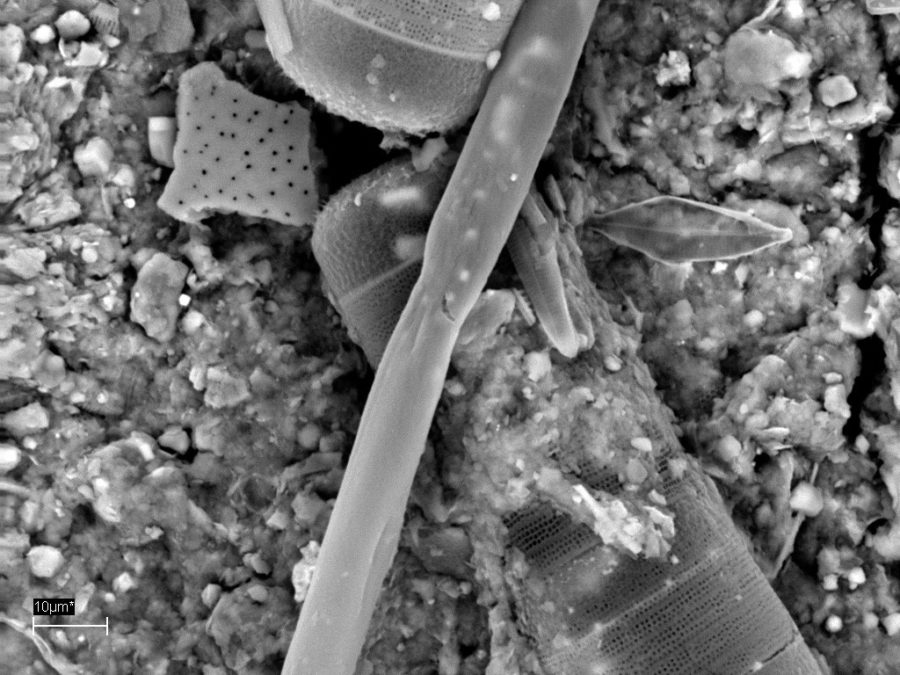2nd April 2019 King Charles Street, London
Tackling the Plastics Problem – SIN India

The input and build-up of plastic debris in our oceans is a major and increasing environmental problem. Plastics now comprise the majority of debris found in the sea, and are the most durable and persistent part of it. Estimates vary, but over 100 million tonnes of plastic may now be present in the oceans. While the bulk of this plastic is derived from the land, plastics are now found throughout the world’s oceans, well beyond our coastal seas, from remote central ocean surface waters to the deepest ocean trenches. With the backdrop of this global problem, a recent roundtable discussion in Delhi, organised by the UK Science and Innovation Network at the British High Commission, brought together a range of experts from India and the UK to identify areas where both countries could work together and contribute to the Commonwealth commitments made by Indian and UK governments in April 2018 to tackle plastic pollution.
Key uncertainties remain around the degradation rate and persistence of marine plastics (and their breakdown into smaller and smaller particles such as microplastics and nanoplastics) and their full impacts on marine resources and human users of the sea and its fisheries. It is clear though that there is real value in scientists, policymakers, industry and the public working together to:
(a) Better understand the amount of plastics entering the sea, and their pathways and distribution between land, the coastal ocean and the deep sea;
(b) Develop local, regional and national policies and practices to reduce the amount of plastic debris entering the sea, and impacting marine ecosystems.
Both India and the UK have put in place various measures to try to limit the amount of plastics pollution entering our seas, and there is great potential to collaborate and learn from each other’s experiences. After being invited to join and take part in the roundtable in Delhi, I was fortunate to be able to visit the National Institute of Ocean Technology and the National Centre for Coastal Research, both in Chennai, to join further discussions on effectively monitoring the plastics problem around the Indian coast, and the use of sensing networks and systems. From the roundtable and these subsequent meetings, it is clear there is a real appetite from experts in India and the UK to work together to develop effective local and regional strategies, monitoring networks and technologies for reducing the impact and potential harms from plastics. An international dimension is key, both to draw on local knowledge and best practices, and because marine plastics by their nature do not conform to national boundaries.
If we are to effectively tackle the marine plastics problem, we need an integrated approach which encourages societal, academic and industrial innovation and collaboration. This approach should aim to reduce the sources of plastics (through re-use, recycling and replacement with alternative materials), and address the pathways by which plastics enter the sea. In parallel, we need to build on existing monitoring programmes and international ocean collaborations to improve our knowledge of these sources and pathways (for example, the breakdown of large to micro-plastics, areas of accumulation along coasts and in the open ocean, and the numbers and mass of particles currently in different parts of the ocean) to ensure targeting and effectiveness of actions. Already we have seen a number of State and national policies rolled out which ban certain plastic products and promote local re-use and recycling. It is important to build on this momentum to engage industry, government and the public, and our science and technology bases, to work together to confront and mitigate this globally increasing and pervasive problem.
Every year, nearly 13 million tonnes of plastic waste are added to oceans. Every one enjoy the convenience of plastic bottles but sad fully forgot the havoc.